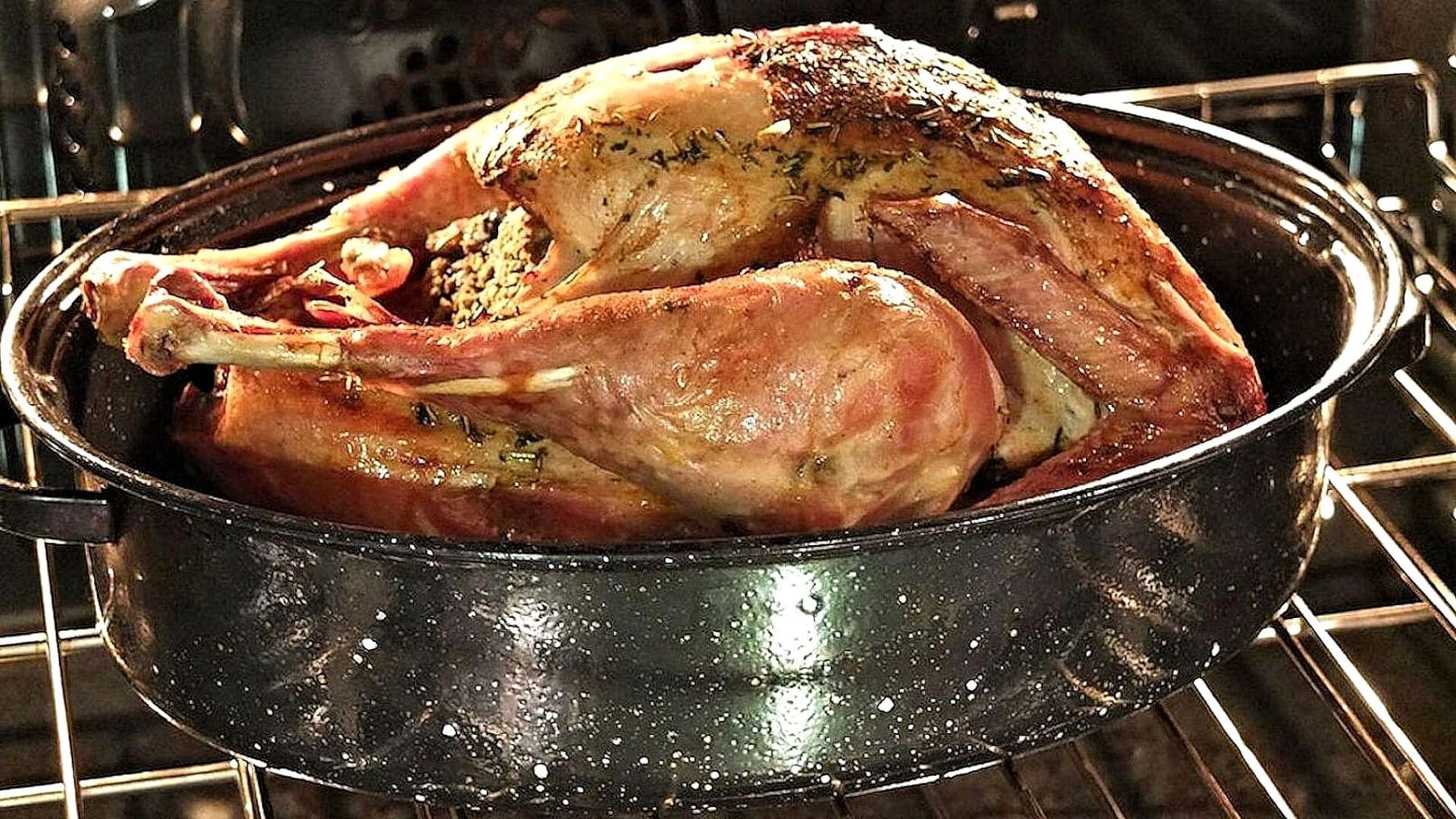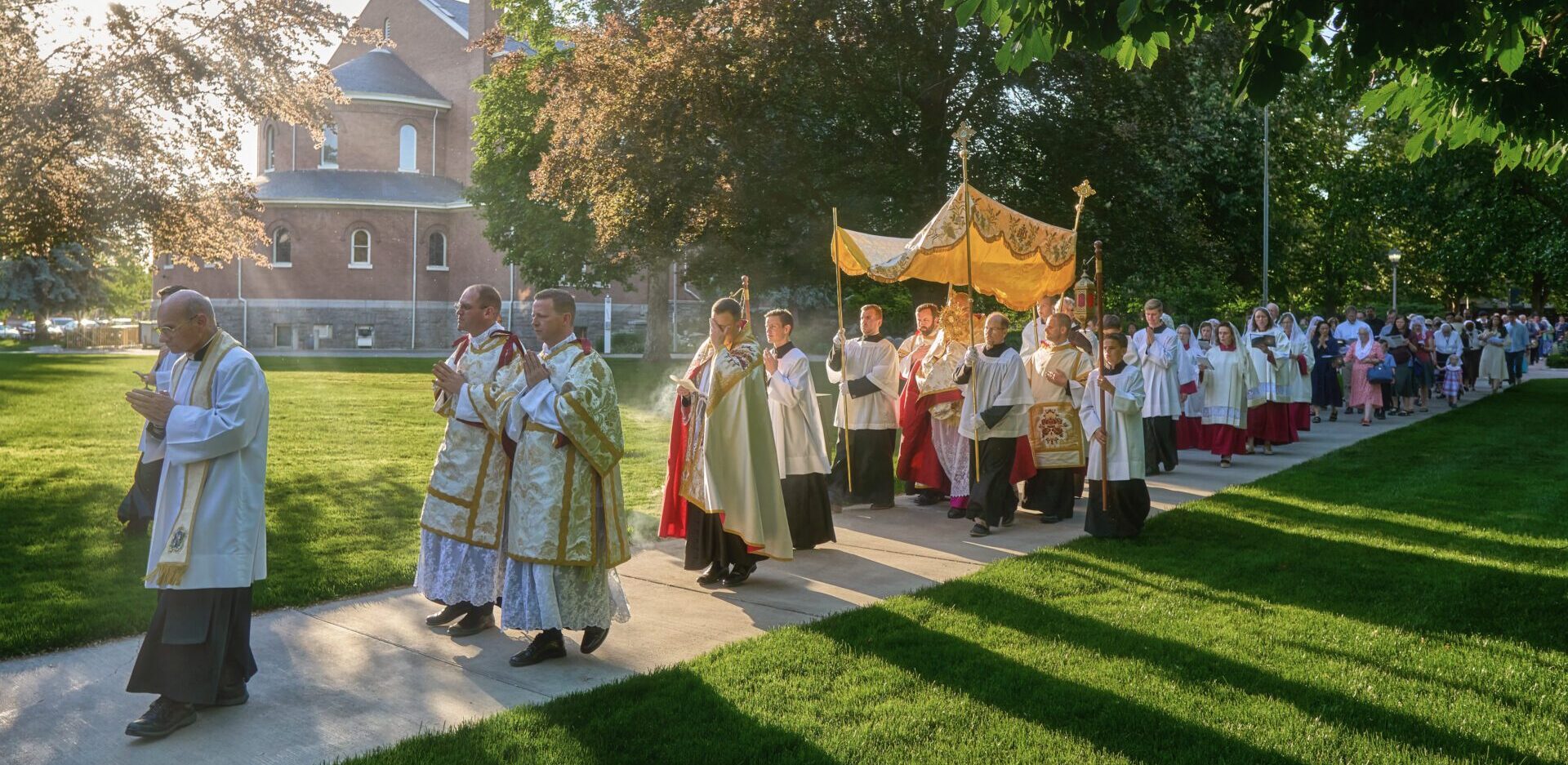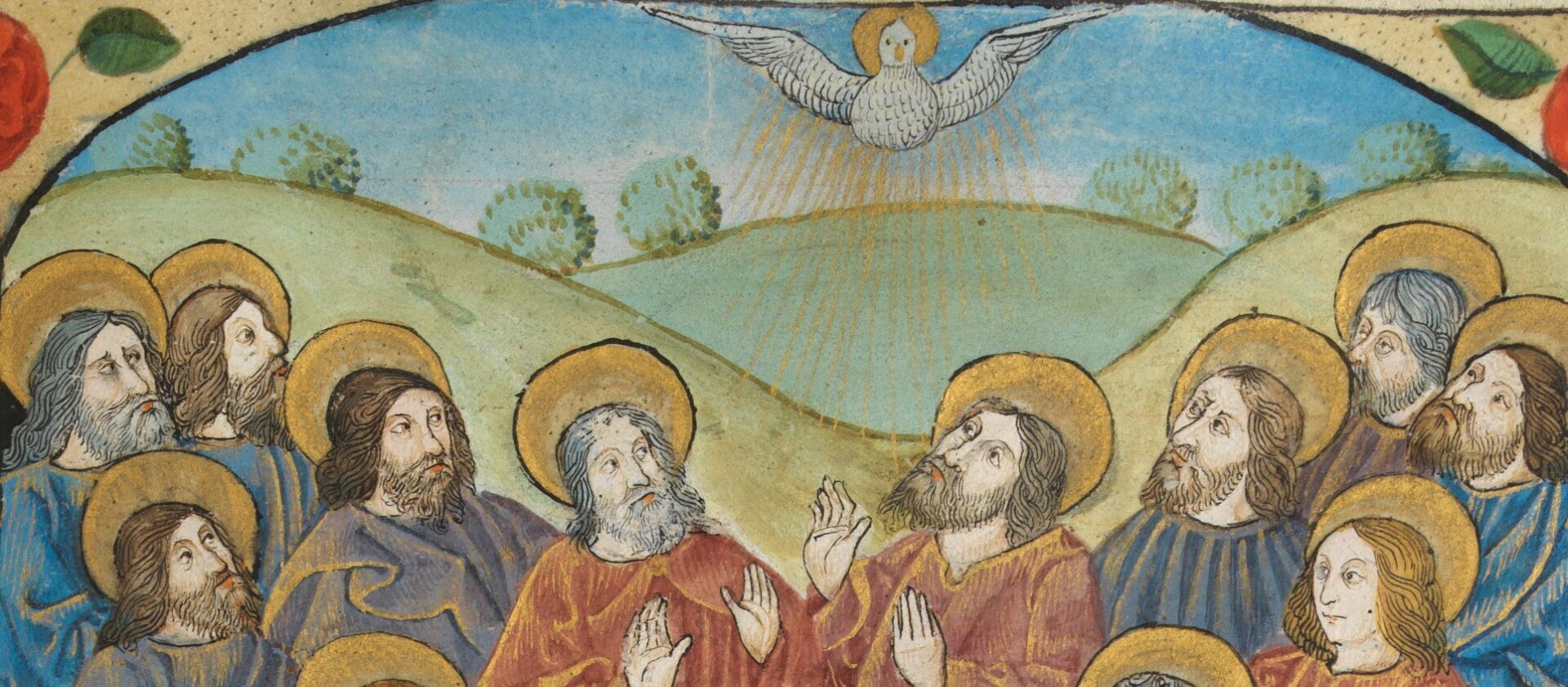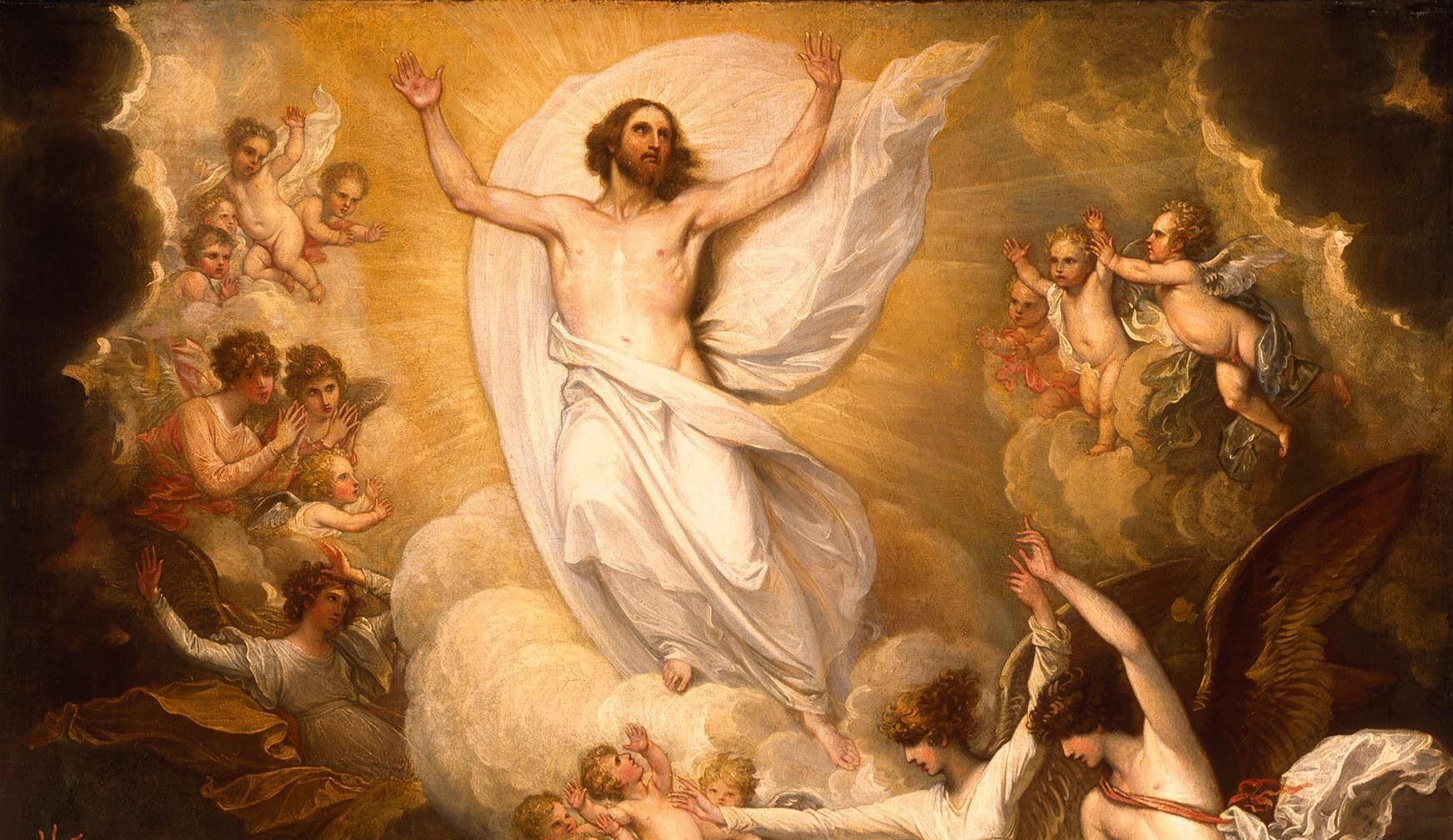Mothers have been telling children for years, “You are what you eat.” Eat healthy food and you will be a healthy person; eat junk food and you will feel like junk.
Church Fathers tell us the same is true in the supernatural world: to become divine, we must live on divine food (their own mothers, surely, taught them this!).
The Mass is the place to find this divinized diet, and it is a meal which consists of two principle courses—the Liturgy of the Word and the Liturgy of the Eucharist: “The Church is nourished spiritually at the twofold table of God’s word and of the Eucharist: from the one it grows in wisdom and from the other in holiness” (Introduction, Lectionary for Mass, 10).
Eating from the “table of the Eucharist” is perhaps the clearer image of the two. For from the altar we eat and drink much like we do from any table at any banquet. But unlike any natural eating, this divine meal works a supernatural change in us.
St. Augustine (d. 430)—the son of a very fine mother, Saint Monica—expresses it beautifully for us. “Stressing the mysterious nature of this food, [Saint] Augustine imagines the Lord saying to him: ‘I am the food of grown men; grow, and you shall feed upon me; nor shall you change me, like the food of your flesh, into yourself, but you shall be changed into me.’ It is not the eucharistic food that is changed into us,” explains Pope Benedict, “but rather we who are mysteriously transformed by it” (Sacramentum Caritatis, 70).
St. Leo the Great, who was pope from 440-461, says much the same thing as St. Augustine: “For the effect of our sharing in the body and blood of Christ is to change us into what we receive” (Office of Readings, Second Week of Easter).
In short: the divine food of the Eucharist transforms us into the image of God, who is the substance of the Eucharist. As our first parents ate poisoned fruit from a tree and imitated the devil, so now we can eat the fruit of the cross and become like Jesus.
But our transformation into Christ is brought about not only by eating from the table of the altar, but also from “eating” of the table of God’s word. We should not consider the Liturgy of the Word merely the “menu” for the Liturgy of the Eucharist—for it too is a feast. While Ezekiel and John literally “eat the scroll” from God, we take in the Divine Word when we consciously hear, sing, say, and pray the prayers and readings at Mass. And as we become like Jesus by receiving the Eucharist, we are likewise transformed into him by hearing the words of the Mass.
Another “Great” pope, Gregory I (590-604), speaks of the transformative power of encountering Christ in the scriptures: “The divine words grow together with the one who reads them” (see Benedict XVI, Verbum Domini, 30). This dictum is equally applicable to the words of the Mass, for these words, like those of the sacred Scriptures, speak of Jesus, the Divine Word of the Father.
We recognize in our natural surroundings the impact that words have. Video games and movies with “strong language” carry particular ratings because of the transformative effect upon younger hearers. In the supernatural world of faith, words also change us. The ultimate Word of the Mass is Jesus—he who in the beginning was with God and who was God (John 1:1)—and so to hear him is to be like him.
Let us, then, live on the “solid food” served from the twofold table of the Word and the Eucharist. A steady diet of this food can be life-changing, restoring us to the image of God, Jesus himself.



